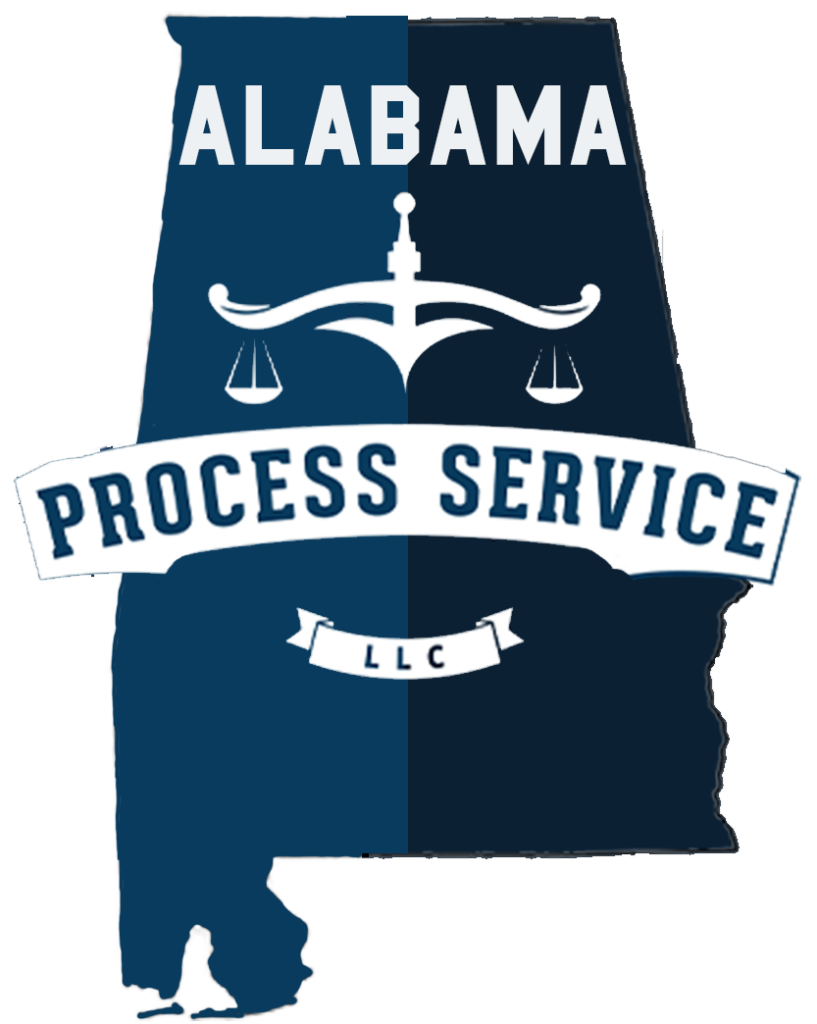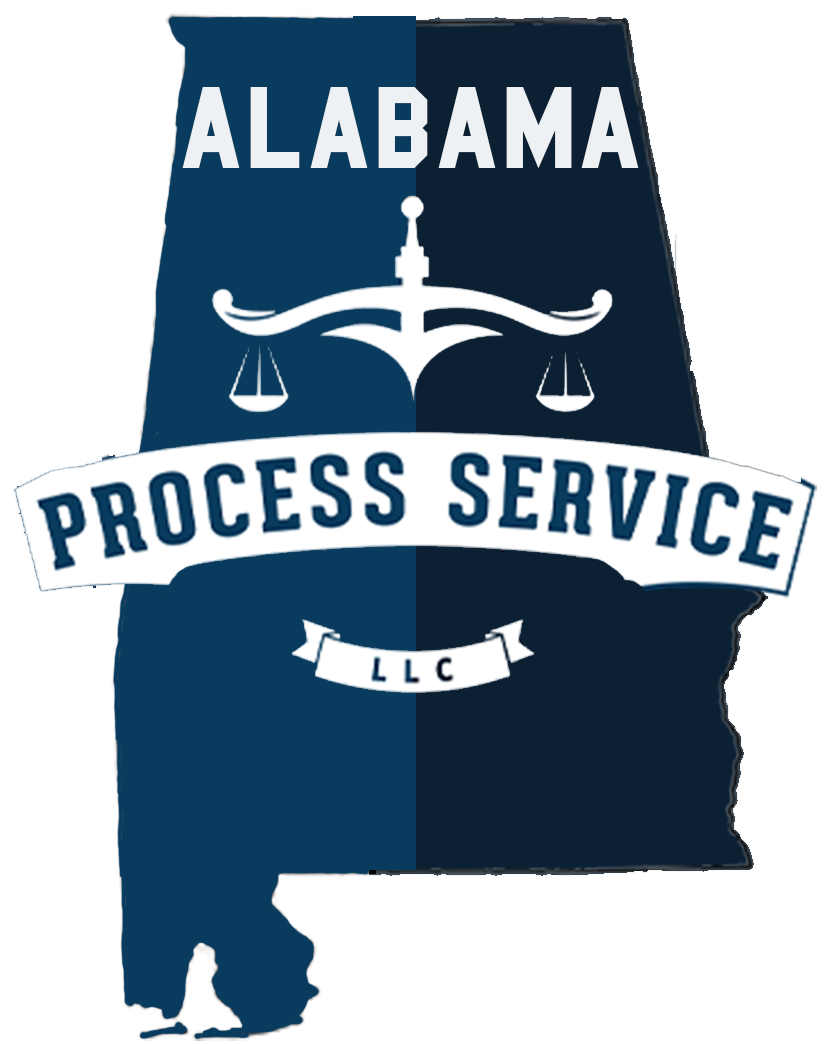Title: Enhancing Communication: A Guide for Process Servers in Jasper
In the legal field, effective communication is crucial for successful outcomes, especially for process servers who play a vital role in delivering legal documents and ensuring due process. In Jasper, where legal proceedings are a common occurrence, mastering communication strategies can significantly improve the efficiency and accuracy of serving process. Here are some key communication strategies that process servers in Jasper should consider incorporating into their practice:
1. Establish Clear Lines of Communication: Before beginning any assignment, process servers should establish clear lines of communication with their clients, whether they are law firms, private individuals, or businesses. This includes discussing preferred methods of communication, contact information, and any specific instructions or requirements related to the service of process.
2. Maintain Professionalism and Courtesy: Process servers represent the legal system and should always maintain a high level of professionalism and courtesy in their interactions with all parties involved. This includes being respectful, polite, and responsive to inquiries or concerns from clients, recipients of legal documents, and other stakeholders.
3. Use Technology Wisely: In today’s digital age, process servers in Jasper can leverage technology to streamline communication and enhance efficiency. Utilizing tools such as email, text messaging, and online portals can help keep clients informed of the status of their cases and provide real-time updates on service attempts.
4. Adapt Communication Style: Effective communication is not one-size-fits-all. Process servers should be adaptable in their communication style based on the preferences and needs of their clients. Some clients may prefer frequent updates, while others may prefer less frequent but more detailed reports. Understanding and adapting to these preferences can help build trust and strengthen client relationships.
5. Document Everything: To ensure transparency and accountability, process servers should document all communication with clients, service attempts, and any challenges encountered during the process serving. Detailed and accurate record-keeping can help resolve disputes, provide evidence of due diligence, and protect the process server in case of legal challenges.
6. Seek Feedback and Continuous Improvement: Communication is a two-way street, and process servers should actively seek feedback from clients to identify areas for improvement. Regularly soliciting feedback, whether through surveys, follow-up calls, or client meetings, can help process servers fine-tune their communication strategies and enhance the overall service experience.
In conclusion, effective communication is a cornerstone of success for process servers in Jasper. By establishing clear lines of communication, maintaining professionalism, leveraging technology, adapting communication styles, documenting interactions, and seeking feedback, process servers can enhance their service delivery and build strong client relationships. By prioritizing communication, process servers can navigate the complexities of the legal system with confidence and efficiency.

